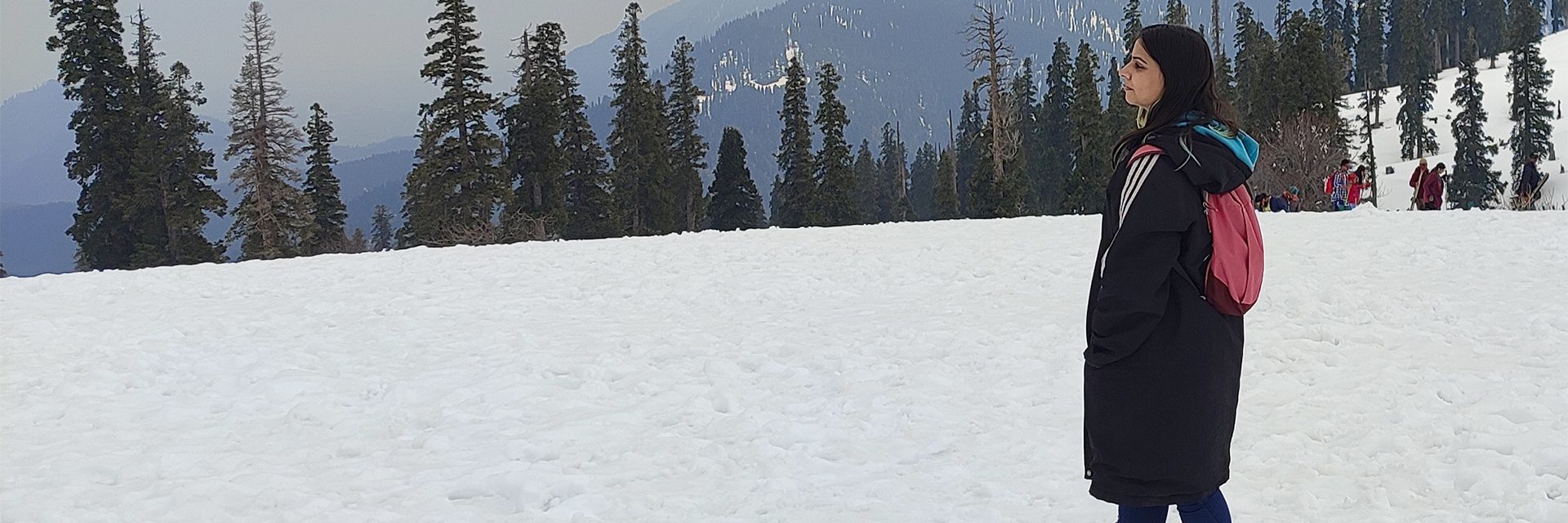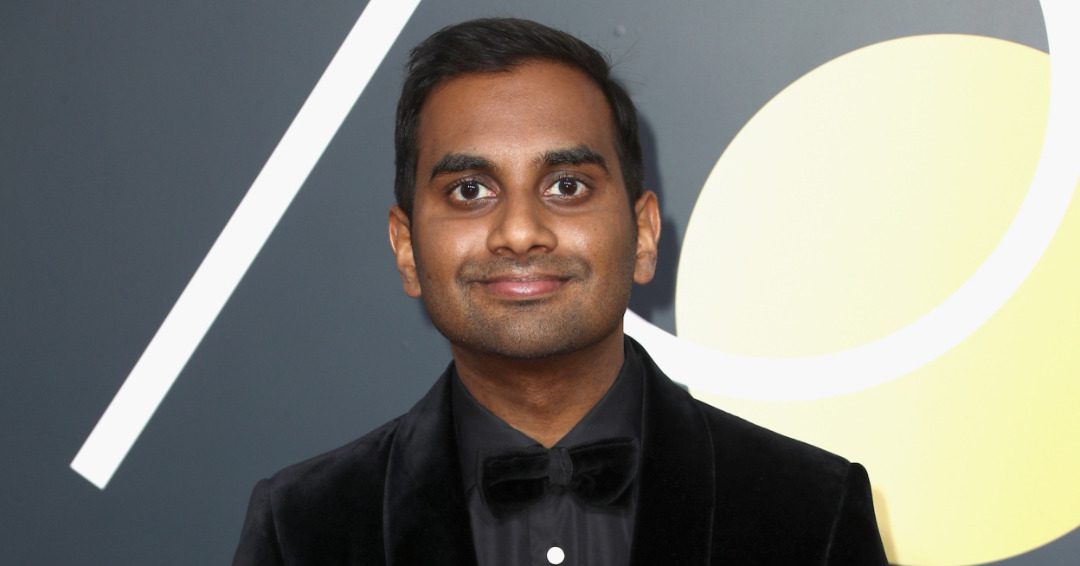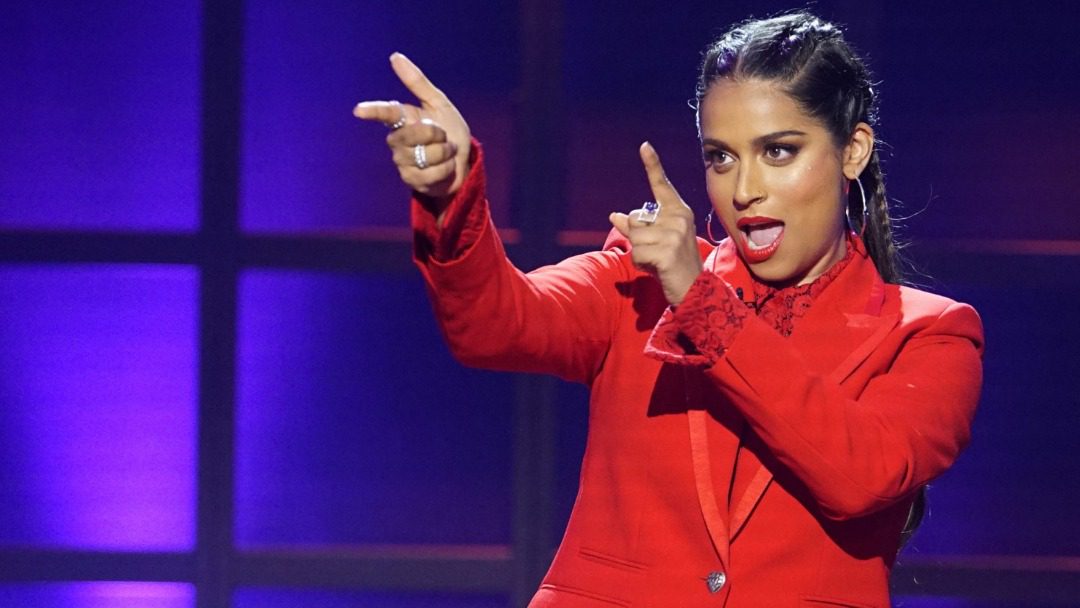(October 13, 2023) ‘Someone’s going to get hurt really bad’, that’s the disclaimer that funnyman Russell Peters never fails to give before any of his performances. Witty, sarcastic and funny – the Indo-Canadian is a standup comedian whose jokes never run dry. From being one of the first artistes of colour to have achieved fame in comedy to becoming the first-ever comedian to get a Netflix special to making it as one of the highest-paid comedians, Russell has become a name to reckon with in the standup comic circle. But it has been a long journey for this brown boy who was bullied in school and had to fight his way to the top.
From a bullied brown boy to a hip DJ
Born in Toronto to immigrant Indian parents who immigrated to Canada in 1965 from Bombay, Russell’s family then moved to Brampton when he was four. Growing up as a South Asian in the ’70s in Canada wasn’t easy for a young Russell as he faced bullying at the hands of other kids for his ethnicity and cultural background. It affected him and what added insult to injury was his undiagnosed ADHD (Attention-deficit/hyperactivity disorder) that led him to a special school. Eventually, Russell took up boxing to help resist bullying as it gave him the confidence and helped him overcome his insecurities.
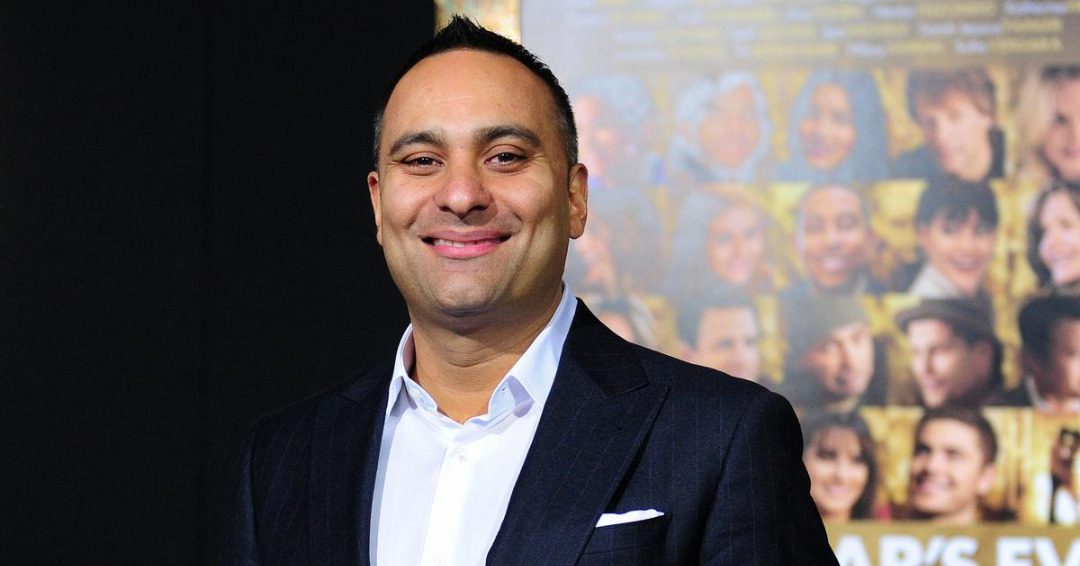
Russell Peters is an Indo-Canadian comedian.
While Russell Peters was up for becoming tough to protect himself, he was also a cool guy who loved mixing tapes. At 15, he started DJing. In the summer of 1985, he learnt to cut, scratch and mix, and got his first turntable. This love for hip hop helped him get many gigs as a teenager. By the 1990s, he had become a well-known DJ in Toronto. But Russell was a multi-hyphenate who was exploring more about himself with each passing year. While DJing helped him evolve as an artiste, he equally loved performing on stage.
The deep dive into comedy
For someone who loved listening to comedy records as a kid, he developed a penchant for standup. However, with no one of his colour ever seen in the mainstream comedy market in Canada, he had to face strong dissent from his father. “Every reason my dad said I couldn’t do this; was every reason I could do it. For example, my dad would say, ‘There are no Indians in this business.’ I would say, ‘That’s why I’ll make it.’ He would say, ‘They won’t understand you.’ I would say, ‘That’s why I’ll make it’ I was the first guy who couldn’t be compared to anybody else,” he said in an interview.
While Peters was happy balancing his DJing with standup gigs, he worked as a shoe store attendant to make ends meet. “I was already a comic, but I obviously wasn’t making any money, so I worked at ALDO during the day. Then I would go do comedy at night and I would DJ on weekends,” he said.
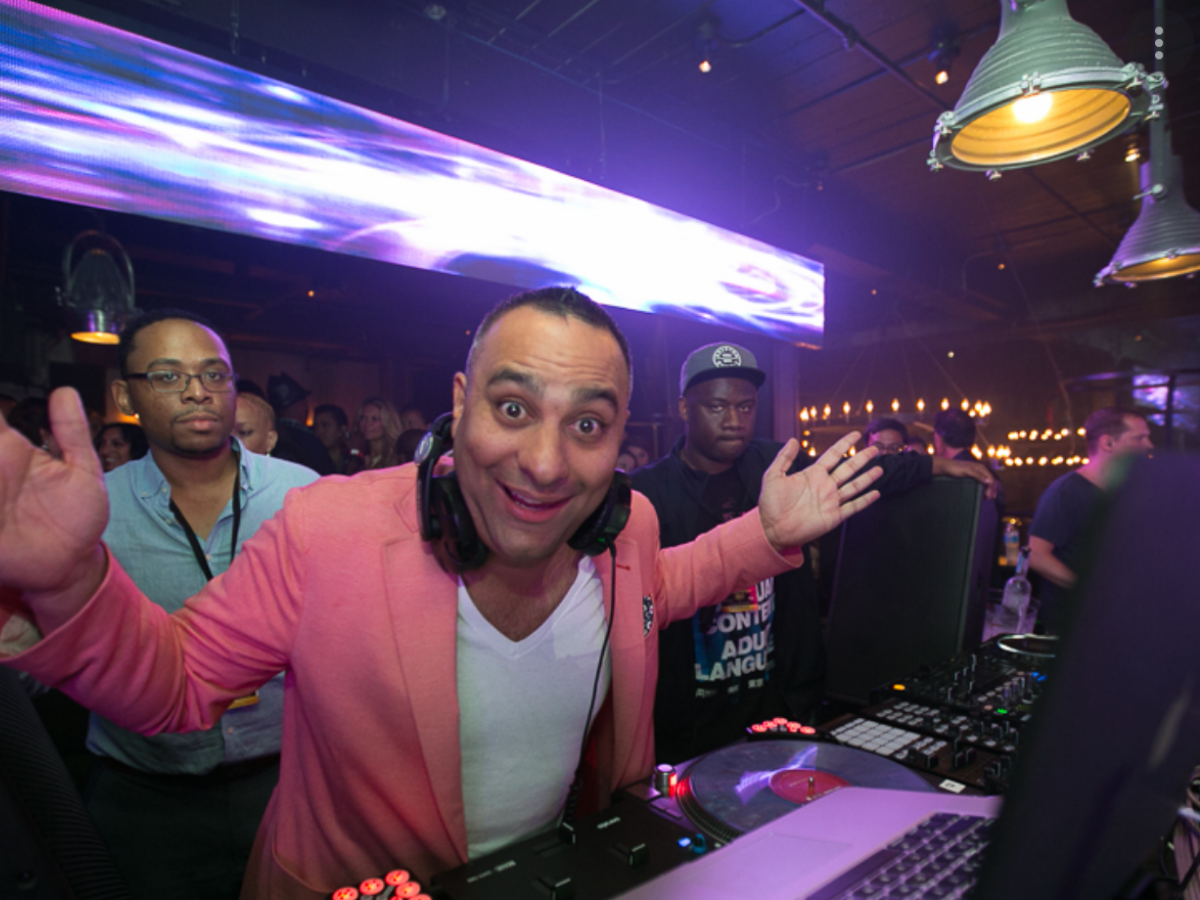
But things took a stunning turn for the 53-year-old when he met his idol American comedian George Carlin in 1992. Carlin advised Russell to get on the stage whenever and wherever possible, and the comedian took it to heart. “It’s the reason I am where I am right now,” he wrote on his website. After doing standups at bars, Russell made his TV debut with Comedy at Club 45 and later tickled the funny bone of the audience with Comedy Now and Just for Laughs. For almost a decade, he kept appearing on television but fame still eluded him. Things took a turn when a 2004 special on the Canadian TV show Comedy Now found its way to YouTube. In no time, the small snippets focusing on cultural groups from the show went viral and made Russell an overnight star.
How the funny man became an overnight star
His observational comedy that found its footing in ethnic, racial, class and cultural stereotypes got him acclaim worldwide. For someone who makes money from his wit, Russell has never censored his act to suit the temperament of the audience. “The only thing I don’t touch on is religion. People are prepared to die for their religion. Otherwise, I don’t believe in censorship and won’t censor myself. If I do, I’m not being true to being a comedian – which is a truth-teller,” the Global Indian told FirstPost.
View this post on Instagram
Three years later, he became the first comedian to sell out Toronto’s Air Canada Centre with more than 30,000 tickets sold nationally over a two-day sales period. Not just this, the comedian broke a UK comedy sales record at London’s O2 Arena when he sold 16,000 tickets to his show in 2009. 2010 brought with it another record-breaking gig in Sydney with an audience of 13,880 making it the largest stand-up comedy show ever in Australia.
Cashing in on the success, Russell released his autobiography, Call Me Russell in 2010 which chronicles his humble beginning as a brown, bullied kid to his rise as one of the world’s top-earning comics.
In 2013, he secured a third spot on Forbes’ list of the world’s highest-paid comedians, and became the first comedian to get a Netflix standup special, Notorius.
While shows and television kept Russell occupied for majority of the time, he also tried his hand in Hollywood with films like Source Code, The Jungle Book, and Fifty Shades of Black.
In 2016, Russell turned producer with a Canadian music documentary series Hip-Hop Evolution that won him a Peabody Award and the International Emmy Award for Best Arts Programming.
Russell, who began at a time when people of colour were almost invisible in the comedy circle, has come a long way. And the comedian is happy that the world of comedy has metamorphosed. “It’s no longer dominated by white guys. It’s obviously more diverse — not just racially, but gender-wise and culturally. It’s also global now. It’s more accepted as an art form unto itself in more and more countries,” he added.
- Follow Russell Peters on Instagram


